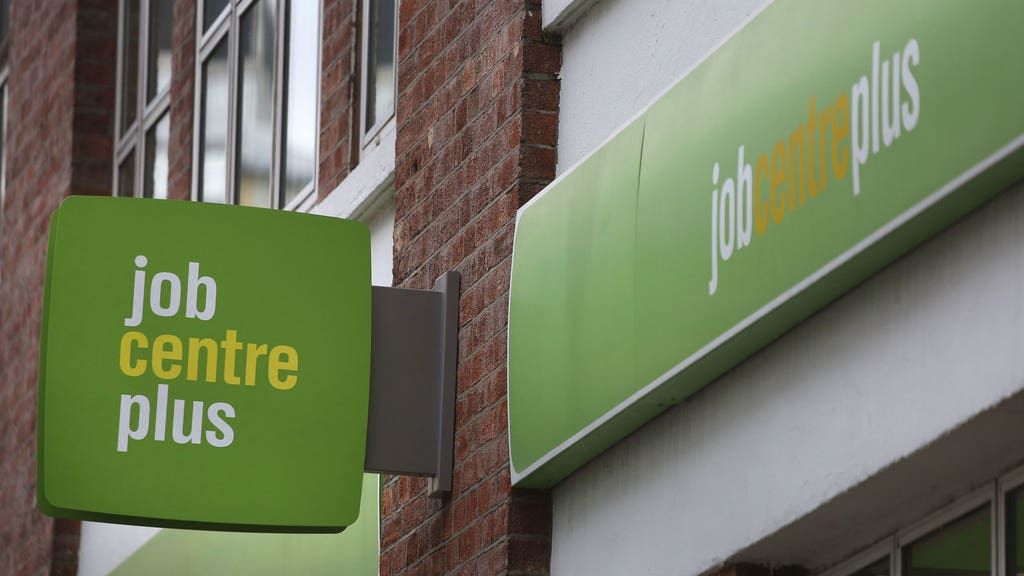Ethnic minority unemployment rising three times as fast as white rate, figures show
TUC calling for government to extend furlough and ban zero-hours contracts to help combat disparity

The unemployment rate for Black and minority ethnic (BME) workers has risen at three times the speed of the unemployment rate for white workers, new figures reveal.
Fresh latest employment figures published by the Office for National Statistics have shown that over the last year the percentage of people from these communities who are out of work has risen from from 6.1 to 8 per cent, compared with 3.6 to 4 per cent among white people.
Frances O’Grady, the General Secretary of the Trade Union Congress, said: “BME workers have borne the brunt of the pandemic. They’ve been more likely to be in low-paid, insecure work and have been put at greater risk from the virus. They’ve also been more likely to work in industries that have been hit hard by unemployment, like hospitality and retail.
“As we emerge from the pandemic, we can’t allow these inequalities in our jobs market to continue. Ministers must take decisive action to hold down unemployment, create good new jobs and challenge the discrimination that holds BME workers back.
“And our recovery is still fragile, with more than a million workers on furlough. Instead of pulling the rug out from under the feet of businesses and workers, the chancellor must extend the furlough scheme for as long as is needed to protect jobs and livelihoods – and work towards setting up a permanent short-time work scheme to deal with future crises.”
ONS figures also published on Tuesday show the number of people on zero-hours contracts has fallen slightly from 1.08 million in April-June 2020 to 917,000 in April-June 2021. Ethnic minority women are twice as likely to be on these low-paid, insecure contracts than white men.
To combat this disparity, the TUC is now calling on the government to extend furlough and ban zero-hours contracts.
The number of UK workers on payrolls rose by 182,000 between June and July, although at 28.9 million it is still 201,000 lower than before the pandemic struck, while the overall rate of unemployment had dipped to 4.7 per cent for the three-month period to the end of June.
Analysts had predicted that the unemployment rate would stay flat at 4.8 per cent for the quarter.
The ONS also reported a further surge in job vacancies as firms seek to fill roles following the reopening of the economy, rising by more than 290,000 against the previous quarter.
It added that, at 953,000, the number of vacancies was the highest estimated figure since records were started in 2001. Arts, leisure and food service firms particularly contributed to the surge in job openings.
Jabeer Butt OBE, CEO of the Race Equality Foundation said: "While this report shows the UK labour market starting to rebound, we cannot brush aside the bad news. Reports that the unemployment rate for Black, Asian and ethnic minority workers has risen at three times the speed of the rate for white workers are worrying. This threatens to widen the employment gap between white British people and Black, Asian and minority ethnic communities, which has been closing over the last 20 years.
"The Race Equality Foundation has put forward recommendations through our Race Equity Collaboratives project, which explored the barriers behind racial inequalities in the labour market. We have suggested permanent furlough and other measures could make a real difference to those from Black, Asian and minority ethnic backgrounds who are being left behind. The Government must now look closely at proposals and act to stem this latest trend.”
NEON is a network of over 650 UK organisers from different trade unions, grassroots groups, non-governmental organisations (NGOs), faith-based campaigns, political parties, civil society groups and movements from across the country.
Michael Bankole, a PhD student at King’s College London and NEON spokesperson, told The Independent: "The pandemic has highlighted to us that structural inequalities affect working-class ethnic minority communities across all areas of British life, these statistics are another example of that.
“Unfortunately, racial disparities are likely to be unaddressed by this government as it continues to refute the existence of structural racism"
This comes after research earlier this year revealed that young Black people have been the hardest hit by the rise in unemployment during the pandemic.
The Resolution Foundation (RF) said before the pandemic, the unemployment rate among young people with a black background was 25 per cent, compared with 21 per cent for those from an Asian background, and 10 per cent for those from a white background.
However, during the crisis that rose by more than a third to 35 per cent for young Black people, as against 24 per cent for those with an Asian background and 13 per cent for those who are white.
Subscribe to Independent Premium to bookmark this article
Want to bookmark your favourite articles and stories to read or reference later? Start your Independent Premium subscription today.

Join our commenting forum
Join thought-provoking conversations, follow other Independent readers and see their replies